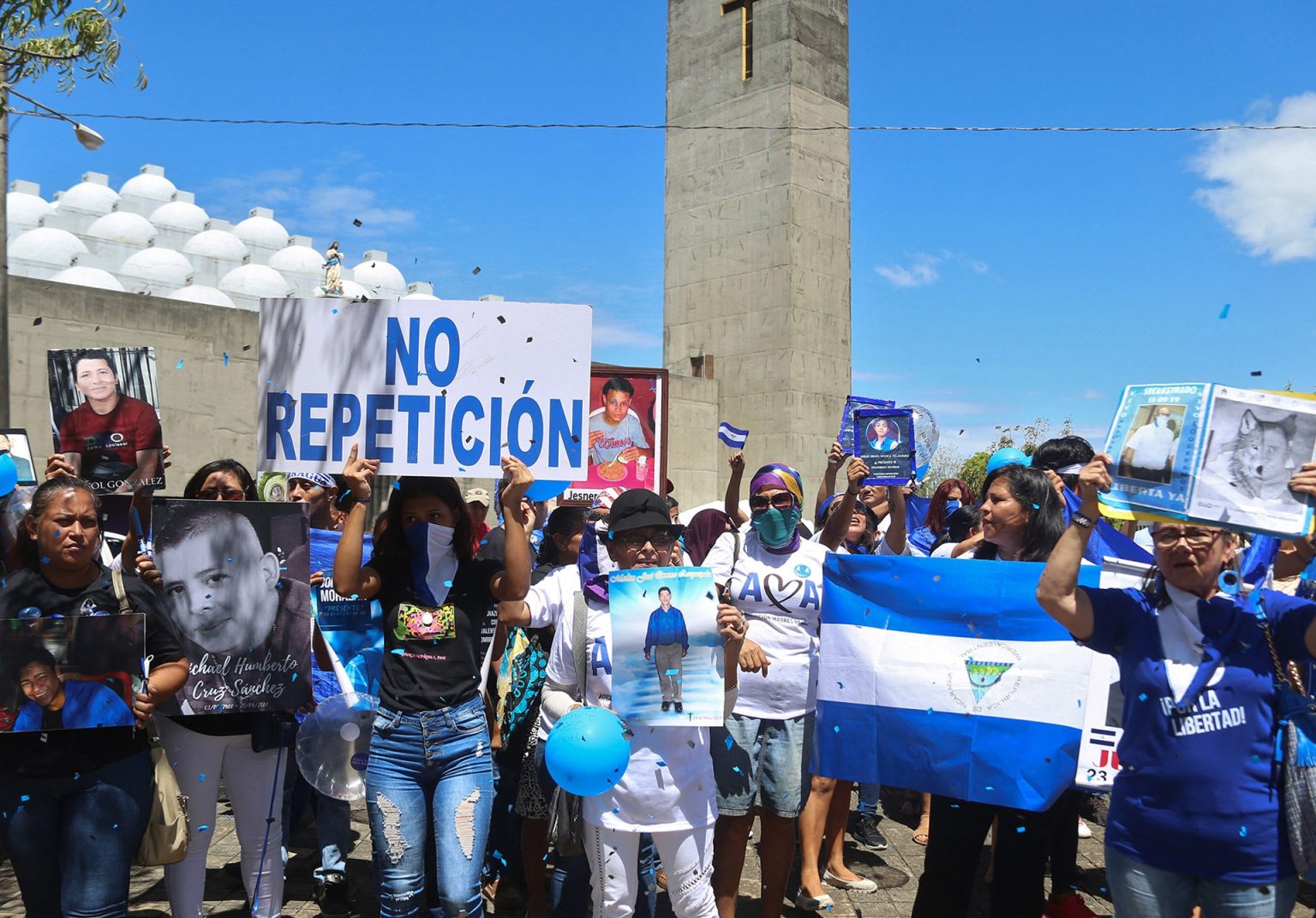The United States has successfully secured the release of 135 political prisoners in Nicaragua, including students and members of a faith organization, who had been detained in a rights crackdown by the government of President Daniel Ortega. US National Security Adviser Jake Sullivan announced the release, stating that the prisoners had been arrested for peacefully exercising their fundamental rights of free expression, association, and practicing their religion. The political prisoners were flown to neighboring Guatemala, where they could potentially relocate to the US. Sullivan called on Nicaragua to stop the arbitrary arrest and detention of its citizens for exercising their fundamental freedoms.
Guatemalan President Bernardo Arevalo confirmed the arrival of the plane carrying the formerly detained Nicaraguans in Guatemala. US Secretary of State Antony Blinken also expressed his support for the release, stating that Nicaraguans deserve democracy and freedom from persecution in their home country. The release of the political prisoners comes in the wake of a United Nations report detailing ongoing persecution by Ortega’s government, including torture through various forms of sexual abuse and electric shocks. The crackdown on dissent in Nicaragua began during student-led protests in 2018, sparked by a proposed social security law that led to violent clashes resulting in hundreds of deaths.
President Ortega’s response to the protests has been seen as part of a broader autocratic shift in Nicaragua, with his administration taking steps to suppress dissent and consolidate power. Ortega has lifted term limits, controlled all branches of government, and cracked down on opposition candidates and independent organizations. The government’s actions have eroded civic space in the country, making it increasingly difficult for individuals to exercise their civil and political rights. Ortega’s government has also proposed new laws aimed at prosecuting individuals living abroad for certain crimes, which could be used to intimidate exiled citizens and foreigners for expressing their views.
Among those released were 13 members of an evangelical Christian group based in Texas, who had been accused of money laundering and organized crime by Nicaraguan authorities. This release follows a similar flight in February 2023, during which 200 prisoners from Nicaragua were released and flown to the US. While the release of political prisoners is generally welcomed by rights observers, there are concerns that it could be used by Ortega to eliminate dissent in Nicaragua by stripping released prisoners of their citizenship and property. Ortega’s government has also banned numerous organizations and individuals, including opposition candidates and leaders of the Catholic Church who were mediators during the 2018 protests.
The international community has continued to condemn the actions of Ortega’s government and call for an end to the crackdown on dissent in Nicaragua. The United States, in particular, has played a role in negotiating the release of political prisoners and highlighting the importance of fundamental freedoms. The release of the 135 political prisoners is seen as a step towards restoring democracy and human rights in Nicaragua, but further efforts will be needed to address the ongoing challenges facing the country.


